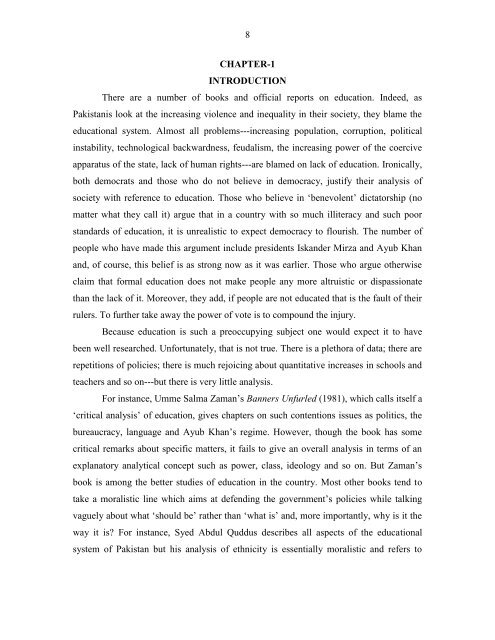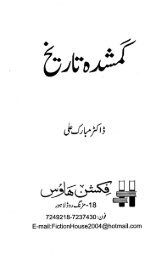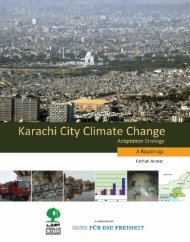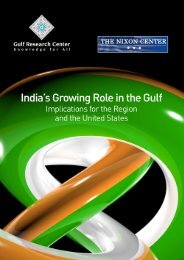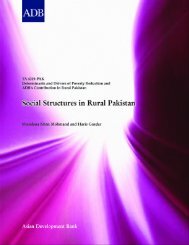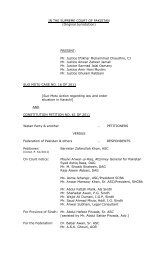DENIZENS OF ALIEN WORLDS
danizen1
danizen1
- No tags were found...
Create successful ePaper yourself
Turn your PDF publications into a flip-book with our unique Google optimized e-Paper software.
8<br />
CHAPTER-1<br />
INTRODUCTION<br />
There are a number of books and official reports on education. Indeed, as<br />
Pakistanis look at the increasing violence and inequality in their society, they blame the<br />
educational system. Almost all problems---increasing population, corruption, political<br />
instability, technological backwardness, feudalism, the increasing power of the coercive<br />
apparatus of the state, lack of human rights---are blamed on lack of education. Ironically,<br />
both democrats and those who do not believe in democracy, justify their analysis of<br />
society with reference to education. Those who believe in ‗benevolent‘ dictatorship (no<br />
matter what they call it) argue that in a country with so much illiteracy and such poor<br />
standards of education, it is unrealistic to expect democracy to flourish. The number of<br />
people who have made this argument include presidents Iskander Mirza and Ayub Khan<br />
and, of course, this belief is as strong now as it was earlier. Those who argue otherwise<br />
claim that formal education does not make people any more altruistic or dispassionate<br />
than the lack of it. Moreover, they add, if people are not educated that is the fault of their<br />
rulers. To further take away the power of vote is to compound the injury.<br />
Because education is such a preoccupying subject one would expect it to have<br />
been well researched. Unfortunately, that is not true. There is a plethora of data; there are<br />
repetitions of policies; there is much rejoicing about quantitative increases in schools and<br />
teachers and so on---but there is very little analysis.<br />
For instance, Umme Salma Zaman‘s Banners Unfurled (1981), which calls itself a<br />
‗critical analysis‘ of education, gives chapters on such contentions issues as politics, the<br />
bureaucracy, language and Ayub Khan‘s regime. However, though the book has some<br />
critical remarks about specific matters, it fails to give an overall analysis in terms of an<br />
explanatory analytical concept such as power, class, ideology and so on. But Zaman‘s<br />
book is among the better studies of education in the country. Most other books tend to<br />
take a moralistic line which aims at defending the government‘s policies while talking<br />
vaguely about what ‗should be‘ rather than ‗what is‘ and, more importantly, why is it the<br />
way it is? For instance, Syed Abdul Quddus describes all aspects of the educational<br />
system of Pakistan but his analysis of ethnicity is essentially moralistic and refers to


